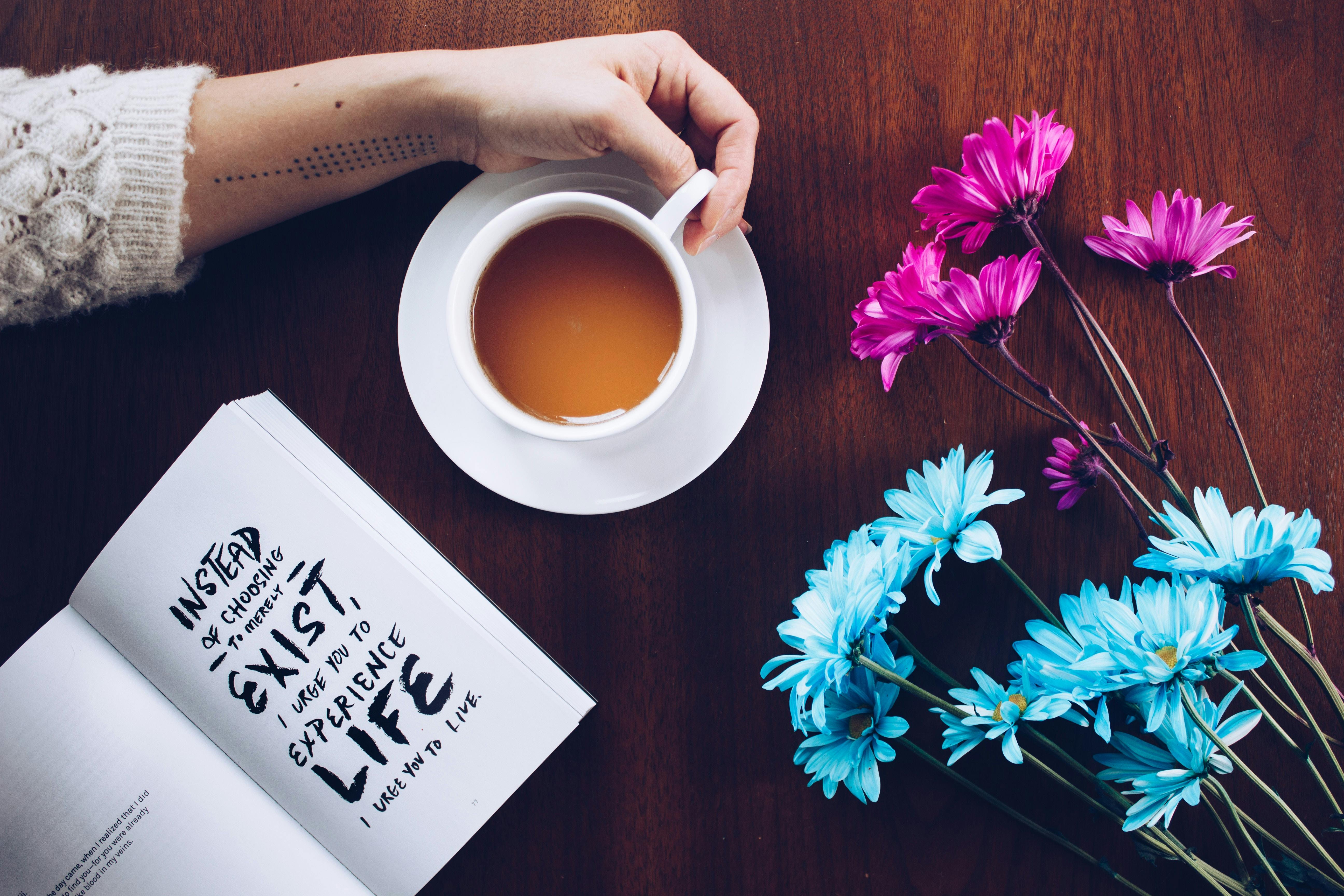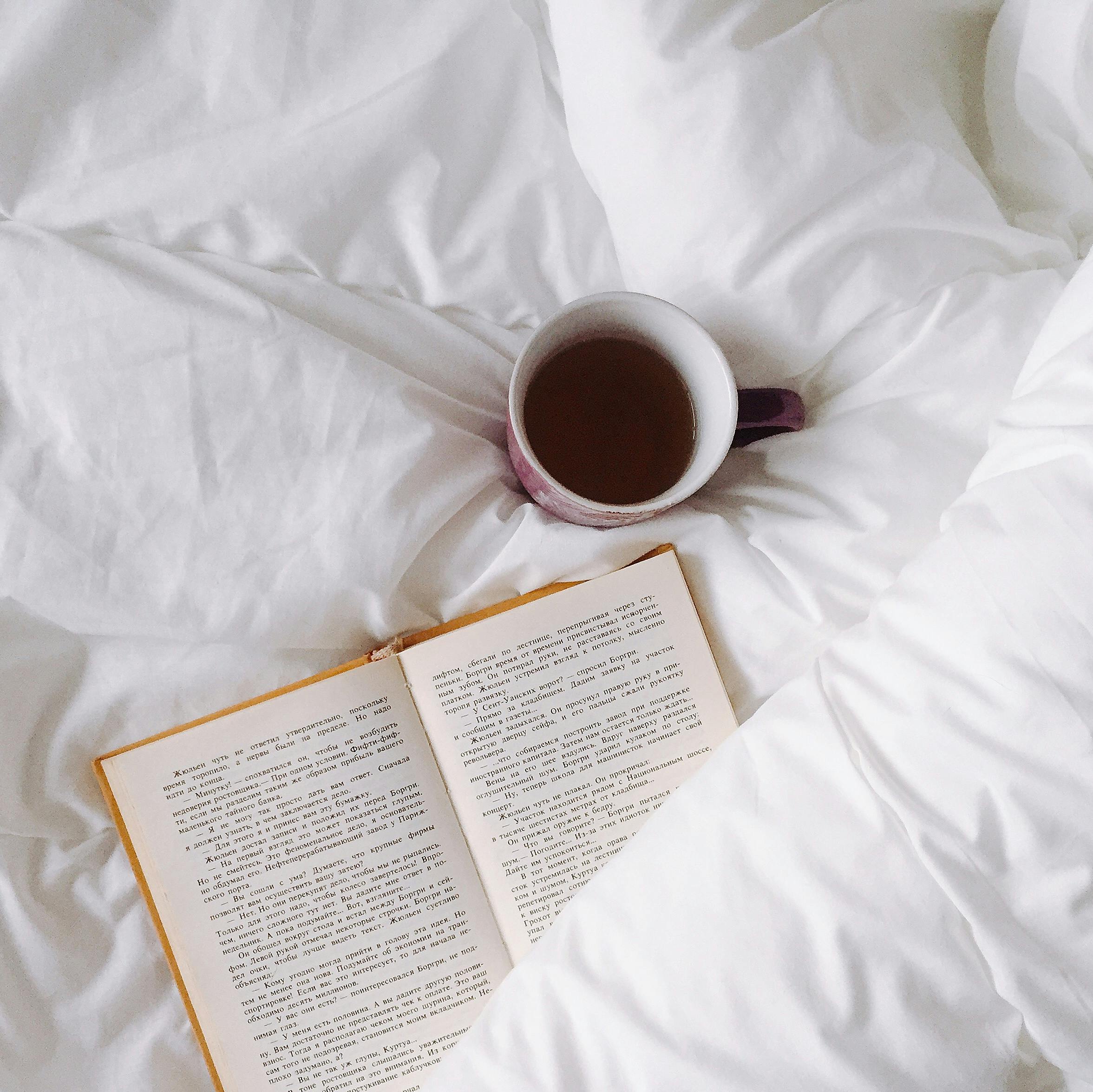Oolong tea is a traditional Chinese tea that is brewed from the leaves of the Camellia sinensis plant. Oolong tea has long been associated with health benefits, but it also contains caffeine. The amount of caffeine in oolong tea will vary depending on factors such as the type of oolong used and how it’s prepared, but generally speaking, oolong tea contains about half as much caffeine as a cup of coffee. In this article, we’ll discuss how much caffeine is in oolong tea and explore some of the possible health benefits associated with drinking it.The amount of caffeine in oolong tea can vary, but typically a 6-ounce cup of oolong tea contains approximately 37 to 55 milligrams of caffeine.
Caffeine Content Levels of Oolong Tea
Oolong tea is a traditional Chinese beverage that has been gaining in popularity in recent years. It is made from the leaves of Camellia sinensis, the same plant used to make other types of tea such as green, white, and black tea. Oolong tea has a unique flavor profile and is known for its health benefits, including weight loss and improved digestion. One of the most important questions people have about oolong tea is its caffeine content. Oolong tea contains between 12-55mg of caffeine per 8-ounce cup, depending on the type and quality of the tea. This range is lower than other types of tea such as black or green, which can contain up to 90mg per cup.
The amount of caffeine in oolong will also vary depending on how it is prepared. The longer the leaves are steeped, the more caffeine will be extracted from them. For example, if you steep oolong for one minute, it may contain around 12mg of caffeine; however if you steep it for five minutes, it may contain up to 55mg. Oolong can also be brewed multiple times using the same leaves; each subsequent brew will have less caffeine than the first as most of it has already been extracted.
In addition to varying levels of caffeine content in oolong based on preparation method and quality, some varieties are naturally lower in caffeine than others. For instance, certain types of oolong grown at higher elevations tend to be lower in caffeine than those grown at lower elevations due to environmental factors such as soil composition and temperature.
Overall, oolong tea has a moderate level of caffeine compared to other teas such as black or green which have higher caffeine levels. However, there are many variables that can affect how much caffeine is present in a cup including preparation time and quality/type of tea used. Therefore it is important to research different brands and varieties before purchasing one that best suits your needs or preferences regarding its level of caffeine content.
Benefits of Caffeine in Oolong Tea
Caffeine is a stimulant found in many beverages, including oolong tea. It has several potential benefits that may improve overall health and wellbeing. For example, it can increase alertness and energy levels, improve mental focus, and reduce fatigue. Additionally, caffeine may protect against certain conditions such as Alzheimer’s disease and Parkinson’s disease. Studies suggest it may also aid in weight loss by increasing metabolism.
Risks of Caffeine in Oolong Tea
Despite its potential benefits, caffeine can have negative side effects when consumed in excessive amounts. These effects may include headaches, nausea, jitters, difficulty sleeping, increased heart rate, and elevated blood pressure. Additionally, caffeine consumption can lead to dependency and withdrawal symptoms if it is suddenly stopped. Therefore, it is important to limit caffeine intake to recommended levels to ensure optimal health benefits and reduce the risk of adverse effects.
Oolong Tea Caffeine Content
Oolong tea is a type of tea that falls between green and black in terms of its processing and caffeine content. Oolong tea is partially oxidized, which gives it a unique flavor profile that can vary greatly based on the variety. Oolong teas range from light and floral to dark and roasted, and offer a wide range of flavor experiences. As for its caffeine content, oolong tea has less caffeine than black tea but more than green tea. It generally contains about half the amount of caffeine as black tea, with some varieties containing up to 60 milligrams of caffeine per 8-ounce cup. Green teas typically have the lowest caffeine content, with some varieties containing only around 15 milligrams per 8-ounce cup. White teas tend to be in the middle, with some varieties containing up to 40 milligrams per 8-ounce cup. Oolong teas offer a great balance between the low-caffeine green teas and high-caffeine black teas, giving you an energizing boost without the jitters or crash associated with too much caffeine.
When selecting an oolong tea for its caffeine content, it’s important to pay attention to where it was grown and how it was processed. Higher altitude oolongs tend to be higher in caffeine than those grown at lower altitudes, while more heavily oxidized oolongs will usually have higher levels of caffeine than lightly oxidized varieties. When brewed correctly, oolong can provide an energizing lift without the harsh effects of too much caffeine, making it a great choice for those looking for a healthy alternative to coffee or energy drinks.
Different Types of Oolong Teas
Oolong tea is a traditional Chinese tea with a unique flavor and aroma. It is made from the leaves of the Camellia sinensis plant, the same plant used to make black and green teas. Oolong teas vary in flavor and aroma, depending on the processing technique used to produce them. There are many different types of oolong teas available, each with its own unique flavor and aroma. Some of the more popular types include Tieguanyin, Pouchong, Wuyi Rock, High Mountain Jade Oolong, Oriental Beauty, and Formosa Oolong.
Caffeine Content
The caffeine content of oolong tea varies depending on the type of oolong tea being consumed. Generally speaking, lighter oolongs tend to have lower caffeine levels than darker oolongs. Tieguanyin, for example, typically has an average caffeine content between 12–55 mg per 8-ounce cup. On the other hand, Wuyi Rock typically has a higher caffeine content between 30–60 mg per 8-ounce cup. Other popular types of oolong such as Pouchong and Oriental Beauty have an average caffeine content between 12–50 mg per 8-ounce cup.

Does Brewing Time Affect the Amount of Caffeine in Oolong Tea?
Brewing time has an effect on the amount of caffeine in oolong tea. The longer the brewing time, the more caffeine will be extracted from the tea leaves. In general, oolong tea contains less caffeine than green or black teas. However, if you brew oolong tea for a longer period of time, more caffeine will be extracted from the leaves and thus increase the amount of caffeine in your cup.
The best way to control the amount of caffeine in your cup is to experiment with different brewing times. Start by brewing your oolong tea for a short period and then gradually increase it over time until you reach your desired level of caffeine. For example, if you want to make a milder cup of oolong tea, you can start by brewing it for one minute and then gradually increase it to two minutes or three minutes until you find your preferred level of caffeine.
It is important to note that there are other factors that can affect the amount of caffeine in your cup as well. For example, different types of oolong tea may contain different levels of caffeine depending on how they were processed and how old they are. Additionally, factors such as water temperature and steeping time can also affect how much caffeine is extracted from the leaves.
Overall, brewing time does have an effect on the amount of caffeine in oolong tea. By experimenting with different steeping times, you can control how much caffeine you get from your cup and enjoy a beverage that is tailored to your preferences.
Decaffeinated Oolong Tea
Yes, decaffeinated oolong tea is available. Decaffeinated oolong tea undergoes the same process as regular oolong tea, but with one key difference: the caffeine content has been greatly reduced. The amount of caffeine in decaffeinated oolong tea is typically between 0.1 and 0.4 milligrams per cup, depending on the type of tea used and how it has been processed. This makes it an excellent choice for those who are sensitive to caffeine or looking for a milder, less stimulating cup of tea.
Decaffeinated oolong tea can be found in most specialty and health food stores, as well as online retailers. It is usually sold loose-leaf or in pre-packaged bags and sachets. Prices will vary depending on the quality and source of the tea, but generally speaking, decaffeinated oolong teas are more expensive than their caffeinated counterparts due to the additional processing involved in reducing the caffeine content.
Are There Any Natural Alternatives to Reduce the Amount of Caffeine Found in Oolong Tea?
Yes, there are several natural alternatives that can be used to reduce the amount of caffeine found in oolong tea. One of the most effective methods is to use a cold brew method. Cold brewing tea allows for a longer steep time, which results in a much lower concentration of caffeine. Additionally, adding herbs and spices to the tea can also reduce the amount of caffeine present. Common herbs and spices used for this purpose include ginger, licorice root, and peppermint. Finally, adding milk or cream can also help lower the caffeine content in oolong tea as it binds with some of the compounds found in tea that contain caffeine.
Overall, these natural alternatives can be used to reduce the amount of caffeine found in oolong tea without sacrificing flavor or aroma. While cold brewing is one of the most effective methods for reducing levels of caffeine, adding herbs and spices or milk and cream can also help achieve desired results.

Conclusion
Oolong tea is a great choice for anyone looking to incorporate tea into their daily routine. It contains a moderate amount of caffeine, which can provide a boost of energy without the jitters associated with higher levels of caffeine. Furthermore, oolong tea has many health benefits, including improved digestion and weight loss. Additionally, oolong tea is rich in antioxidants which help protect the body from diseases.
Overall, oolong tea is an excellent choice for anyone looking to enjoy the benefits of tea without the negative effects associated with high levels of caffeine. With its moderate amounts of caffeine and its numerous health benefits, oolong tea can be a great addition to any lifestyle.
